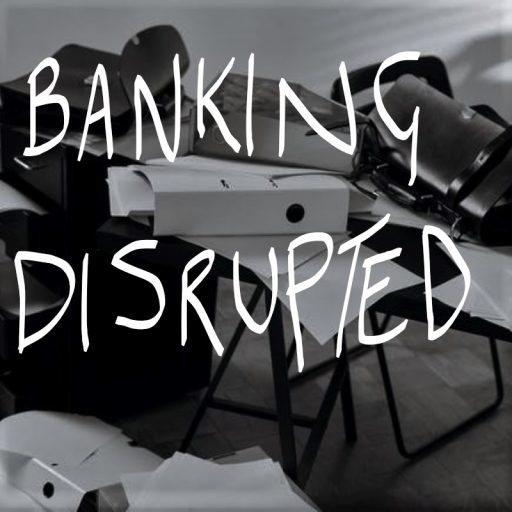Very few books can present a “Green/Environmental” idea, or series of ideas, that make you see the world differently on a fundamental level. If you are responsible for running a business, or in fact help others to run theirs better, this is a must read. If you want to have a view on what sustainable capitalism looks like in the 21st century, this is the most comprehensive and well-articulated text on the subject.
What is critical is how John Elkington gives commercial business a blueprint for running “green” businesses without the superficial CSR agenda seen across most corporates today. Greta Thunberg is right we have a climate emergency, and now we all need to wake-up and think about how to conduct our business responsibly, and this book is a great place to start…as most harmful impacts to our world lie in economic externalities.
Big Messages/Key Quotes :
- Green Swans are defined as “A Green Swan is a profound market shift, generally catalysed by some combination of Black or Gray Swan challenges and changing paradigms, values, mind sets, politics, policies, technologies, business models, and other key factors. A Green Swan delivers exponential progress in the form of economic, social, and environmental wealth creation. At worst, it achieves this outcome in two dimensions while holding the third steady. There may be a period of adjustment where one or more dimensions underperform, but the aim is an integrated breakthrough in all three dimensions”
- Ugly Duckling; “is an early-stage concept, mind-set, technology, or venture with the potential to become either a Black Swan (often driven by “bad” exponentials) or Green Swan (driven by “good” exponentials). Its potential future evolution is very hard to detect early on, unless you know what you are looking for. Tomorrow’s breakthrough solution often looks seriously weird today. The net result is that we give them significantly less attention and resources than they need — or than the future of the 2030s and beyond would want us to in hindsight”
- The world is headed into a deep ‘u-bend’ recession, where the established orders and ideologies of capitalism, democracy, and even sustainability will be fundamentally disrupted.’ Even after COVID going back to the old normal, is not the right way of thinking about a sustainable future
- Exponential Migrations, also a fascinating topic, which opens up the debate around death-by-a-thousand cuts – “For the necessary market breakthroughs to happen in good time and good order, though, we must move way beyond incremental change, way beyond ‘change as usual”
- Introduction of the Triple Bottom Line (TBL) for all corporates to represent a better perspective on genuinely profitability. The implication here is whether it is from an tangible operating costs, or cost associated with the entire supply change, all consequences of conducting business must be reflected in the bottom line. There needs to be an awareness, more formally, of the impact of economic externalities. Organisations are encouraged commit to focusing as much on social and environmental concerns as they do on profits. TBL theory therefore represents 3 key elements: people, and the planet
- Introduction of the Environmental Profit & Loss (EP&L). The EP&L illustrates the total cost of doing business, i.e. taking it into consideration the actual cost of environmental depreciation. Using Puma as an example of how radically different profitability looks under this construct, if you take 2010 the overall cost of the supply chain (cost here take the form of water usage, production of raw material like leather, cotton, and rubber) was €145m. Compared to Net Earnings of €202.2m, so if we took all costs of business, PUMA’s profits would have reduced by 70%
Overall, the book is positioned as a manifesto, not a formula. But the key call to action is we must be vigilant in spotting Ugly Ducklings faster so they can we coached towards becoming a more purpose-led sustainable business. Therefore, it is vital to engage with companies under the FinTech banner to allow some of this thinking to come through, and make a real difference.
Why read this book?
For all leaders that are looking to help create sustainable businesses, and are not interested in driving a superficial Corporate Social Respnsibility (CSR) agenda, for the sake of cheap brownie points!




